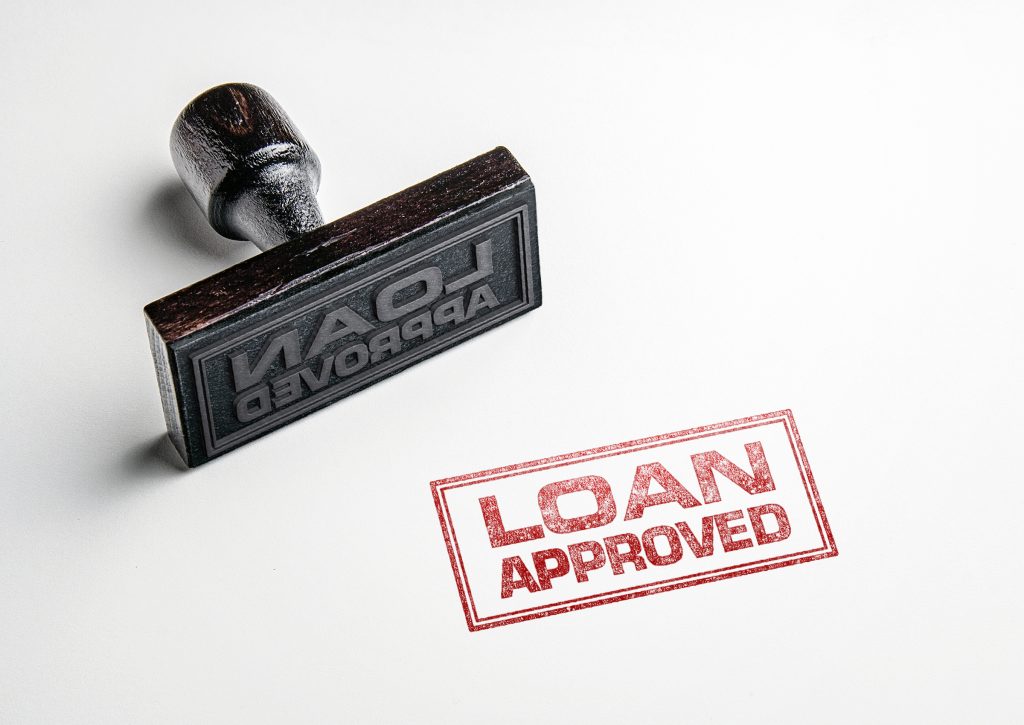Small businesses across the country are still recovering from the COVID-19 shutdowns and disruptions. But many were given a lifeline from federal, state or local financial aid programs to help keep their doors open and their employees working.
In a swift response to the shutdowns, the federal government passed the CAREs Act, which included the Paycheck Protection Program (PPP). This program was a lifeline for small businesses, allowing them to keep their employees on the payroll. In total, over $500 billion was provided to five million small businesses, saving 51 million jobs.
In order to assist small businesses further, states and local governments provided additional funds through grants and loans. According to a report from the Institute for Local Self-Reliance, $9.27 billion in the form of more than 800 programs aided small businesses in need.
Some of these relief programs helped businesses stay afloat by assisting with mortgage or rent payments. Others helped small businesses develop or grow their online stores, reconfigure office or store layouts, or buy personal protective equipment (PPE). Other programs provided mom and pop shops with loans that were interest free or deferred repayment for six months or longer, to give businesses a boost until federal relief was available.
Ensuring small businesses are supported during these uncertain times is vital. When small businesses suffer financially, it creates a ripple effect impacting the recovery and growth of the economy. The swift action taken by the federal, state and local governments to provide relief was a wise first step to help protect the businesses and the millions of Americans they employ.



